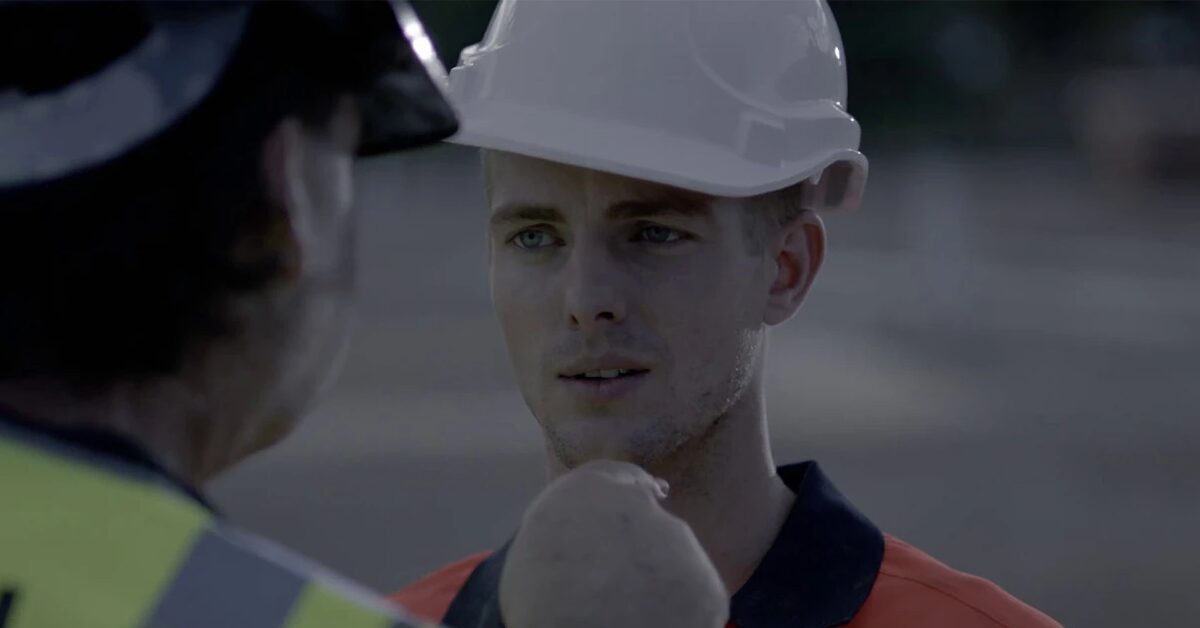- No products in the cart.
New modelling shows that abolishing the ABCC could cost the Australian economy $47 billion by 2030
April 30, 2022


Labor’s policy to abolish the Australian Building and Construction Commission (ABCC) could result in a $47.5 billion hit to the economy according to new economic modelling by EY.
EY’s modelling found that in the context of building Australia’s economic recovery from COVID-19 and acute supply-side pressures currently facing the industry, abolishing the ABCC could lead to significant economic losses including:
- A fall in the output of the construction sector of around $18.4 billion by 2025 and $35.4 billion by 2030.
- A decline in overall economic activity of $16.3 billion by 2025 and $47.5 billion by 2030.
- A fall in manufacturing output of $4.8 billion by 2025 and $13.1 billion by 2030.
- A decline in services output of $5.9 billion by 2025 and $19.5 billion by 2030.
- A fall in economic investment of $24.7 billion by 2025 and by $45.6 billion by 2030.
These outcomes would have a detrimental impact not only on the building and construction industry but also the broader economy given the industry’s pivotal role in building productive capacity of the economy.
Analysis in the report has highlighted that an efficient and well-functioning construction industry is crucial to the performance of the Australian economy given that $1 spent in public infrastructure (works that are conventionally within ABCC jurisdiction) returns $4 into the economy.
The ABCC, that works to ensure the building and construction industry is lawful, productive and efficient, is critical in minimising unnecessary costs and project risks that arise from delays and unlawful industrial action.
Recognising such risk factors and the industry’s difficulties in absorbing the costs of industrial disputes, 89% of construction businesses surveyed for the report believe that the industry benefits from an independent specialist regulator.
Nearly 70% of businesses stated that the ABCC has reduced levels of unlawful industrial action, while a similar proportion believe that the ABCC has made industrial action easier to manage.
64% of businesses stated that the ABCC would be a more effective regulator if it had greater powers.
Importantly, nearly 40% of businesses stated that the ABCC has helped to improve safety on construction sites.
The report found that the cost of construction for essential public services such as defence, aged care, health and public administration could face an upward pressure if the ABCC was abolished. Based on Australia’s public infrastructure investment pipeline, the cost to taxpayers from abolishing the ABCC could be in the order of $9.5 billion over the next decade.
Master Builders Australia’s CEO Denita Wawn said, “In releasing this report, Master Builders Australia reiterates its call to the Labor to set aside its policy to abolish the ABCC, which would endanger economic recovery and growth, and raise costs for taxpayers.”
“Abolishing the specialist construction regulator would especially imprudent as inflationary headwinds and supply challenges continue to build,” she said.
“The release of the report adds $47 billion more reasons why the ALP must reverse its decision to abolish the ABCC. As an agency formed to tackle an ingrained industry culture of lawlessness and ensure taxpayers receive value for money, the work of the ABCC is not yet done. This report shines a light on the risk to economic recovery and future growth if the ABCC, a proven and effective regulator, is dismantled,” Denita Wawn said.

